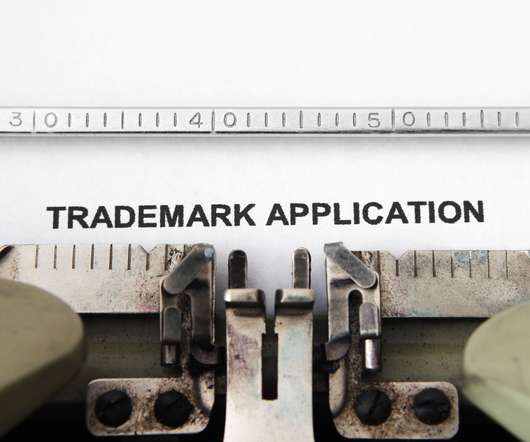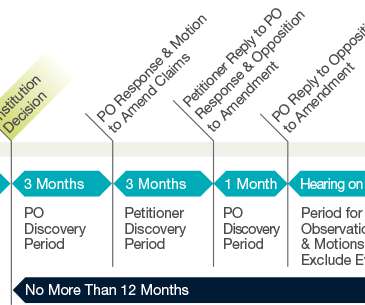Can You Patent Your Idea?
LexBlog IP
NOVEMBER 7, 2021
The United States Patent and Trademark Office (USPTO) grants patents to inventions every day. Not every application succeeds in becoming a granted patent, though. Important requirements must be met in order for an invention to be patented. Usefulness: This is a low bar to meet, fortunately.











Let's personalize your content